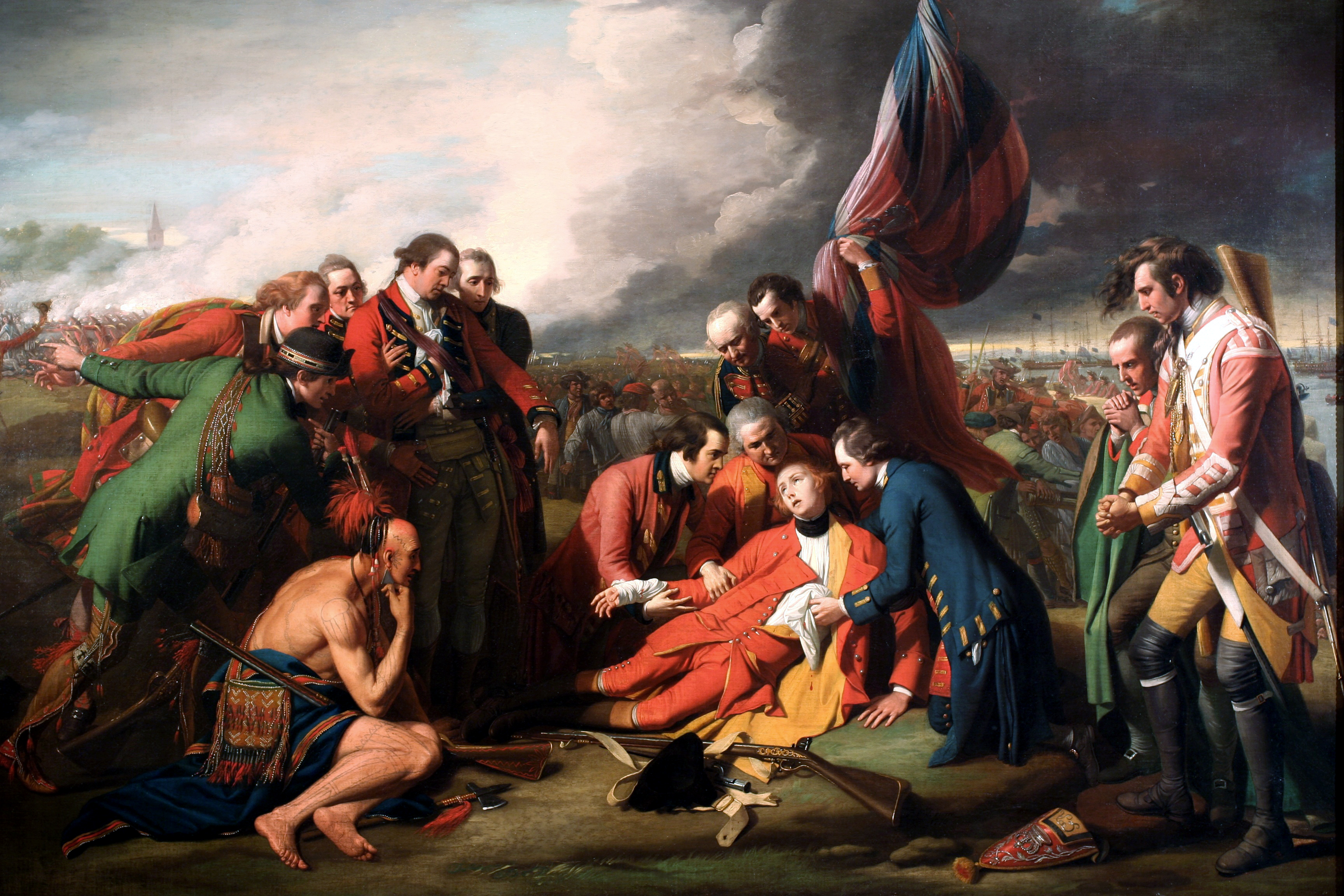Senior Editor, Robert Runté, talks about the Prime Ministers of Canada Series
Canadian history is filled with amazing anecdotes of heroic, hardy, clever, creative, driven, controversial, and adventurous Canadians, but we have this bad habit of leaving them out of our history classes. Every middle school student in China knows who Norman Bethun was, but not one Canadian in fifty could tell you. And I have yet to meet a single Canadian who has heard of Moishe ‘Two-gun’ Cohen before I tell them the incredible story of the prairie gambler and real estate broker who became a celebrated revolutionary General.
 |
| Moishe ‘Two-gun’ Cohen |
Of course, one can dismiss these examples as the odd-ball exceptions to the rule. Mainstream Canadian history, surely, is the story of staid and plodding Prime Ministers chairing dry committee meetings, one generation to the next. Given the famous Chinese curse of “May you live in interesting times,” there is much to commend this vision of Canadian leadership, because hammering out a compromise out a committee meeting is a lot better than settling issues with tanks. But as it happens, Canadian PMs tended to be a lot less staid than most history teachers would have us believe.
Take, for example, the Prime Minister who ran the country for over 20 years based on the advice of his dead mother, via regular séances; and who stole a suitcase full of bricks from Buckingham Palace and smuggled them home to Ontario to incorporate into his own country estate. Or the great Sir John A. MacDonald, who drank only vodka when campaigning for Confederation in hopes that the audience would assume it was only water; and who drunkenly set fire to his London, England hotel room when consulting on the final details of the British North America Act. Or the liberal Prime Minister who, when asked, “How far would you go?” in suppressing the FLQ, answered, “Well, just watch me.” Or when told he had been called an “asshole” by Richard Nixon, replied, “I’ve been called worse things by better people.”
I always think of Nixon when I think of Canadian history, because I taught my first Canadian history class the month President Nixon was facing impeachment. “American politics is so much more interesting!” some of my students complained, watching the nightly coverage of an American president forced to resign. But as it happened, I was teaching about Prime Minister Mackenzie King, and dug out the Byng Affair, in which King’s government was caught up in a series of equivalent scandals, but which ended—thanks to King’s shrewd misdirections—with the expulsion of a very confused Governor General, and King being returned to power with an even larger majority. “But that’s brilliant!” my students exclaimed, “Twisted, but brilliant!” Exactly my point: King may have lacked charisma, may have appeared to be a grey and colourless bureaucrat, but the reality is he was one of the most astute (and most eccentric) government leaders anywhere, ever.
 |
| Mackenzie King on the Canadian $50.00 |
Like our history, the lives of Canadian Prime Ministers are not always recognized as being made up of remarkable stories. Just as our national inferiority complex often leads us to assume that the only interesting events happen elsewhere, we wrongly believe the only intriguing leaders are someone else’s. Five Rivers Publishing is bringing out biographies of all 22 Canadian Prime Ministers because we know their stories are all worth telling
Five Rivers Publishing’s approach to history, however, is a little different than some others.
We promise accessible and engaging text that draws young readers in, without resorting to over-dramatized comic book illustrations. There are no cute cartoon characters cluttering up the margins with redundant commentary, in the apparent belief that students will not read without being cajoled to the next page; or that students cannot comprehend text without repeated chapter summaries. I constantly hear from students how much they resent the condescension of adults who insist on trying to make every lesson ‘fun’, when in fact these ‘fun’ add-ons simply get in the way. Similarly, students often complain that their school textbooks lack substance. We believe that writing can be accessible without being watered down, and that engaging students does not mean having to reduce everything to the level of a phone app.
We promise these biographies have the substance students actually crave; indeed, they are equally intended for the casual adult reader looking for a useful overview. They are intended to provide complete portraits of each prime minister and their times, without resorting to hyperbole, rabid nationalism or projection of motives and judgments artificially imposed through hindsight. Nor do these biographies gloss over their subjects’ character flaws and mistakes. There is no bowdlerization here: each prime minister is presented, fuddle-duddle warts and all.


